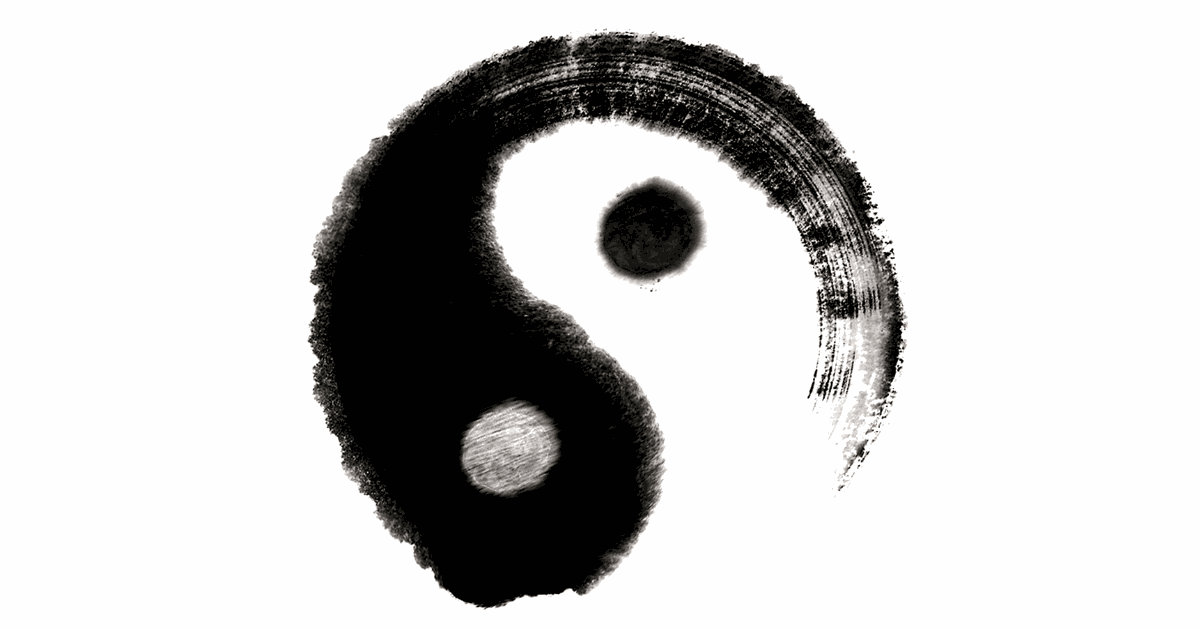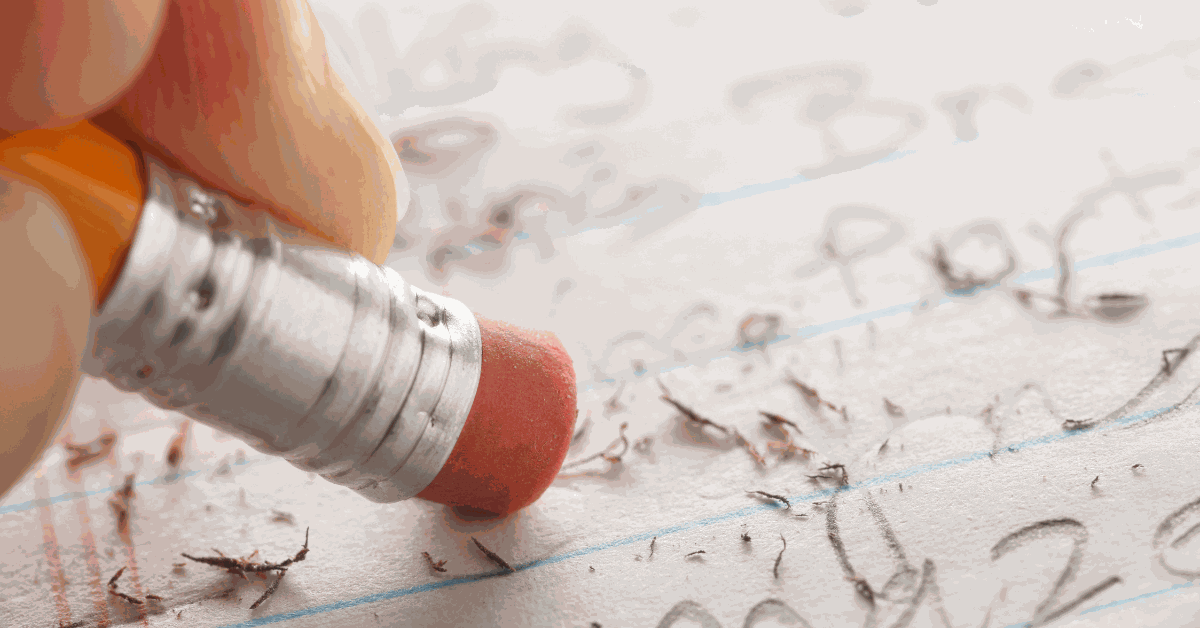Properly preparing witnesses for their testimony is crucial to ensure positive outcomes. Deposition and trial testimony performance from witnesses can significantly impact settlements, verdict results, and damage awards. The most effective way to get a positive outcome from witness testimony, and avoid potentially devastating witness mistakes, is the combination and partnership of both defense counsel and a witness training expert. Witnesses that have been fully trained and prepped can recognize pitfalls to ensure they deliver honest and accurate testimony that does not damage your case.
What is the main difference between witness preparation and witness effectiveness training?
The key difference between witness preparation and witness effectiveness training is that witness preparation focuses on the case facts and case strategy, while witness effectiveness training focuses on behavior modification, emphasizing cognition and emotion.
Witness Effectiveness Training Does Not Replace Witness Preparation
Attorneys and litigation consultants focus their skills and time on two separate things. Attorneys are typically responsible for witness preparation, which generally involves reviewing documents and exhibits and describing the legal strategy of the case. Litigation consultants focus on witness training, which involves working with the witness on their cognition, behavior, and emotion, delivering sophisticated neurocognitive training that creates a more effective witness.
Overwhelmingly, witness testimony goes poorly in one of three ways:
● Core cognition
● Behavioral breakdowns
Yet, these three key fail points are all psychological, not legal, meaning that even well-prepared witnesses on the substance of the case can massively fail during testimony if they don’t have this additional neurocognitive training. Behavioral experts can teach witnesses to control their emotions and demeanor for optimal performance.
Simply put, psychology-trained litigation consultants can prepare witnesses in a way that defense attorneys cannot. Combining that psychological expert training with the legal expert can lead to devastatingly effective results. Litigation consultants are not there to compete with defense counsel; they aim to supplement what is already being done and help improve witness performance. Getting a positive outcome from a witness requires the combination and partnership of both defense counsel and a witness training expert.
Witness Training is Conducted by Behavioral Experts
Defense attorneys may often try to provide witnesses with guidance such as ‘listen better,’ ‘be aware,’ ‘think before you speak,’ ‘keep your answers short,’ and ‘don’t volunteer information.’ They may also encourage them to stay calm and not get nervous or rattled. However, telling a witness to listen better or remain calm is not enough. To help witnesses overcome making cognitive errors and understand why they are making them, witnesses need training on a different way to think and process information that can only be provided by a trained psychologist.
Most defense attorneys don’t have the advanced training in cognition, behavior, and emotion that an expert in psychology has. These behavioral consultants can assess and analyze witnesses very differently than a defense attorney, allowing them to identify strengths and weaknesses and then neurocognitively train that witness to be composed, likable, and compelling.
Witness Training Can Help Secure a Positive Outcome for Your Case
Another unique advantage of utilizing a psychology expert litigation consultant is that they typically work on numerous cases each year, giving them a unique perspective. If something new happens within the plaintiff bar, your litigation consultant will likely know about it and can educate the defense attorney and their team about what they see and any new tricks or traps.
Defense attorneys and litigation consultants are all on the same team, rooting for the same outcomes. When defense attorneys and litigation consultants combine their expertise, there is the opportunity to see superior outcomes in areas including witness testimony, focus groups, mock trials, jury selection strategy, and voir dire development.
The combination of legal expertise incorporated with neurocognitive expertise is the ideal partnership for achieving superior litigation outcomes. Courtroom Sciences can help train and prepare even the most difficult and dubious witnesses, leaving them poised, confident, and persuasive. Speak with one of our experts to get started.
Be confident in achieving superior litigation outcomes. CSI has the expertise, track record, and capabilities to help you win.



